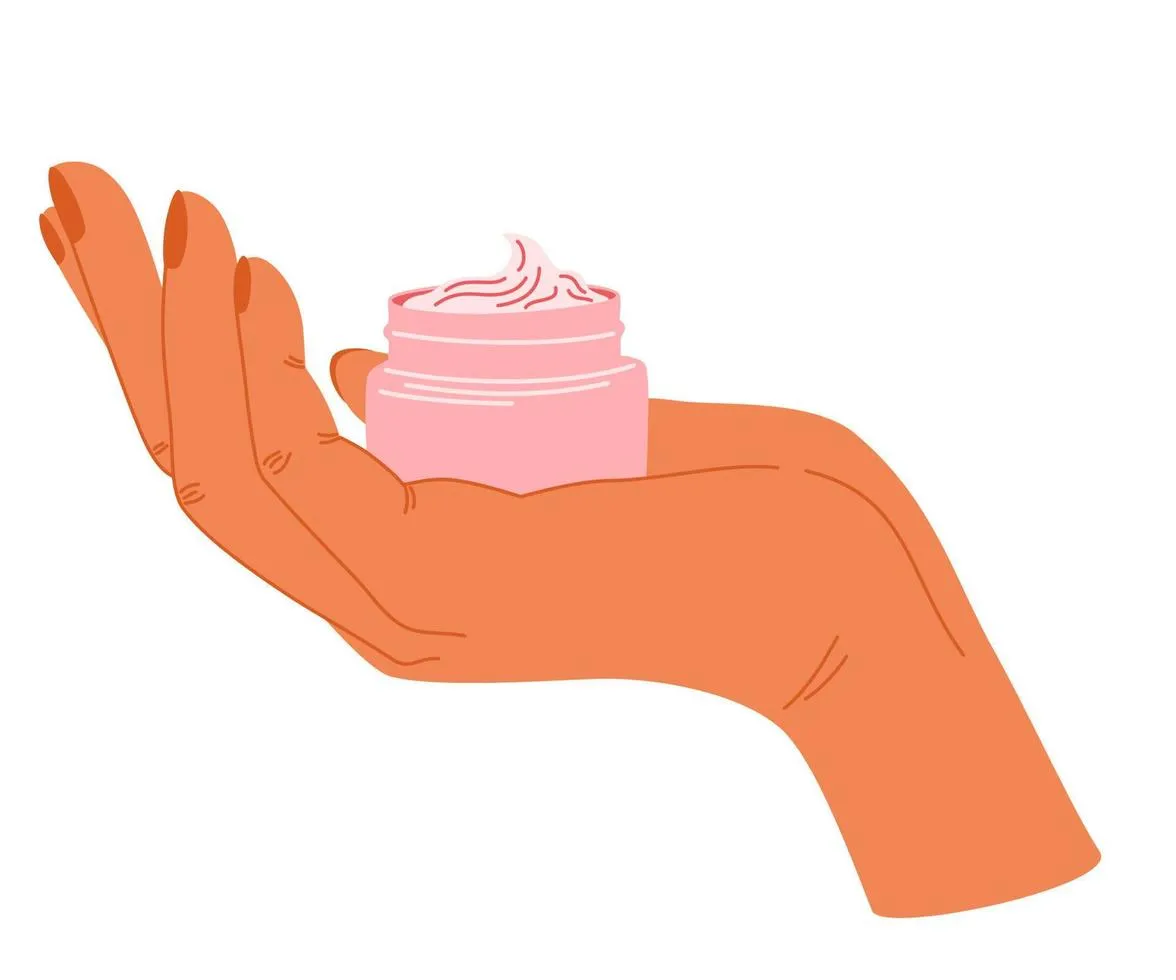In recent years we’ve seen a big shift towards using natural ingredients in skincare products. This is because we want safer, more sustainable, and chemical-free alternatives to traditional cosmetics. But one thing often overlooked is the shelf life of these natural skincare products. Unlike conventional cosmetics which contain synthetic preservatives, natural products have a shorter lifespan and need to be handled with care to stay effective and safe. In this articl,e we’ll dive into the world of natural skincare ingredients, explore their shelf lif,e and how to store and use them.
Understanding Natural Skincare Ingredients
Natural skincare products are made from a range of ingredients from plants, flowers and foods. These ingredients are chosen for their benefits, moisturizing, anti-inflammatory and antioxidant properties. Common natural ingredients are carrier oils like sunflower oil and sweet almond oil, essential oils like tea tree and lavender, and butter like shea and cocoa butter. Another popular ingredient is bakuchiol, a plant-based alternative to retinol that has anti-aging benefits without the irritation associated with synthetic retinoids.
Carrier Oils
Carrier oils are used to dilute essential oils and provide moisturizing benefits to the skin. They are typically extracted from seeds, nuts, or fruits. For example, sunflower oil and sweet almond oil have a shelf life of about one year when stored correctly. Proper storage involves keeping them away from heat, sunlight, and air to prevent oxidation, which can lead to rancidity and spoilage.
Essential Oils
Essential oils are highly concentrated plant extracts known for their therapeutic properties. They are often used for their fragrance and skin benefits. The shelf life of essential oils varies widely depending on the type and storage conditions. For instance, tea tree essential oil can last between one to three years, while cedarwood essential oil may last up to eight years. Essential oils should be stored in tightly sealed amber bottles to protect them from light and air.
Butter and Waxes
Butter like shea and cocoa butter are rich in nutrients and provide excellent moisturizing properties. They generally have a longer shelf life compared to oils, with shea butter lasting about one year and cocoa butter lasting up to two years if stored cold. Beeswax, commonly used in skincare formulations for its emollient and protective properties, has an indefinite shelf life when stored properly.
Shelf Life of Natural Skincare Products
Natural skincare products, such as face creams and body lotions, typically have a shorter shelf life compared to conventional products. Once opened, these products can last anywhere from six to twelve months, depending on the formulation and storage conditions. This shorter lifespan is due to the absence of synthetic preservatives, which are often used in conventional cosmetics to extend shelf life.
Factors Affecting Shelf Life
Several factors contribute to the degradation of natural skincare products:
- Heat: High temperatures can accelerate chemical reactions, leading to spoilage.
- Light: Direct sunlight can cause oxidation and breakdown of ingredients.
- Air: Exposure to air can lead to oxidation and contamination.
- Water: The presence of water can encourage microbial growth, especially in products without preservatives.
Storage Tips
To maximize the shelf life of natural skincare ingredients and products, follow these storage tips:
- Temperature: Store ingredients at room temperature (around 20-22°C) unless specified otherwise by the supplier.
- Light Protection: Use amber bottles or store ingredients in a dark place to prevent light exposure.
- Air Tight: Keep containers tightly sealed to minimize air exposure.
- Cleanliness: Ensure all equipment and hands are clean during formulation to prevent contamination.
Myths About Natural Products
There are several myths surrounding the shelf life of natural skincare products. One common misconception is that natural products do not expire because they are derived from natural sources. However, all organic matter is subject to decay over time, and natural ingredients are no exception. Oils can oxidize, plant-based ingredients can break down, and without preservatives, products can become a breeding ground for microbial growth.
Signs of Spoilage
To determine if a natural skin care product has expired, look for these signs:
- Off Smell: A strong or unpleasant odor can indicate spoilage.
- Texture Changes: Separation or thickening of the formula may occur over time.
- Color Changes: A color change can signal the degradation of ingredients.
Safety and Effectiveness
Using expired or spoiled skincare products can lead to skin irritations, infections, and other adverse reactions. It is crucial to treat natural products with the same caution as conventional ones, ensuring they are stored properly and used within their recommended shelf life.
Preservatives in Natural Products
While many natural skincare products avoid synthetic preservatives, some may use natural alternatives like vitamin E, rosemary extract, or grapefruit seed extract to extend shelf life. However, these alternatives may not be as effective as synthetic preservatives, which is why natural products generally have a shorter shelf life. Brands that claim their natural products last for years without preservatives should be approached with skepticism.
Buying in Bulk: Is It Worth It?
For businesses or individuals who frequently use natural skincare ingredients, buying in bulk can be cost-effective and convenient. However, it requires careful planning to ensure that the ingredients do not expire before they are used. Using smaller containers for formulation and refilling them from larger bulk containers can help minimize exposure to air and extend the shelf life of the ingredients. Additionally, refrigeration of certain ingredients like hydrosols and aloe vera gel can help prolong their usability.
How to Make Your Natural Skincare Last Longer
If you love natural skincare but worry about products expiring too quickly, here are a few tips:
- Use Airless Pumps: Instead of jars, opt for airless pump containers to minimize exposure to air and bacteria.
- Keep a Product Log: Note the date you opened each product to track expiration dates.
- Avoid Fingers in Jars: Use a clean spatula or scoop instead of dipping fingers into products to prevent contamination.
- Patch Test Regularly: If a product has been sitting for a while, test it on a small area of skin before full application.
Conclusion
Natural skincare products are safer and more sustainable than conventional products but need to be handled and stored properly to remain effective and safe. Knowing the shelf life of natural ingredients and following storage tips will extend their life and prevent spoilage. Be aware of the myths around natural products and signs of spoilage and make informed decisions about your skincare routine and use products that are safe and effective. Whether you’re a skincare enthusiast or a business owner, go natural with knowledge and caution and get better skin and a more sustainable beauty habit.

